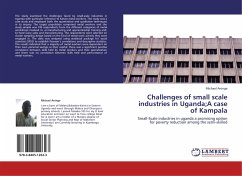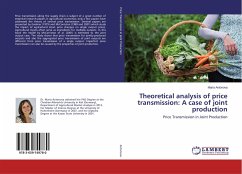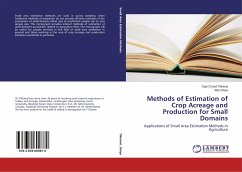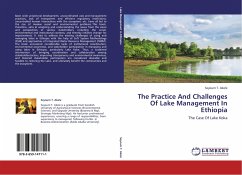The study examined the challenges faced by small-scale industries in Uganda with particular reference to Katwe metal workers. The study was a case study and employed both the quantitative and qualitative techniques in its inquiry. The target population comprised metal workers and the study sample was 100 respondents from the different categories of metal workshops involved in: a) manufacturing and apprenticeship training and; b) Hard ware sales and manufacturing. The respondents were selected on cluster sampling design based on the kind of metal work activity they were engaged in. The data was analyzed using statistical package for social scientists (SPSS) to establish Pearson s correlations and descriptive statistics. The results indicated that a majority of metal workers were dependent on their own personal savings as their capital; there was a significant positive correlation between skills held by metal workers and their specialization and there was no correlation between skills held and performance of metal workers.








